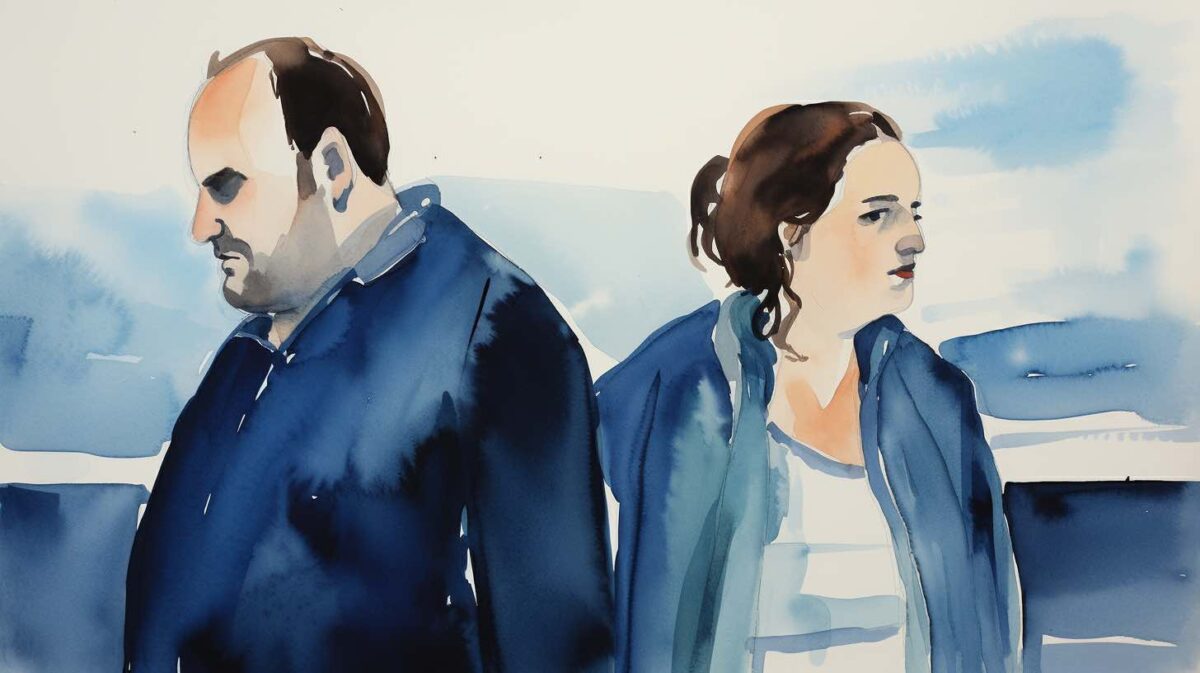Tag: rocd
-

Resentment in Relationships and ROCD: Understanding the Cognitive Connection
In any romantic relationship, emotions run deep. Love, passion, and shared experiences form a strong bond, but along the journey, misunderstandings and conflicts can arise. Sometimes, negative emotions such as resentment can build up, potentially influencing our perceptions and reactions towards our partners. When combined with Relationship Obsessive-Compulsive Disorder (ROCD), a subset of Obsessive-Compulsive Disorder…
-

9 Tips: ROCD and General Anxiety Disorder
For as long as I can remember, I’ve been a worrier. But it wasn’t until my late twenties that I realized my worries weren’t just typical concerns; they were manifestations of General Anxiety Disorder (GAD). Every uncertainty, every unknown, felt like a looming threat. I believed that if I didn’t worry about something, it meant…
-

ROCD or Wrong relationship: How do I know?
I wanted to chat a bit about something I often see in my practice, something called Relationship Obsessive-Compulsive Disorder, or ROCD for short. It’s quite a fascinating, yet challenging, aspect of relationships that not many people are aware of. So, imagine this: You’re in a relationship, but your mind is constantly flooded with doubts and…
-

ROCD: 4 tips for living with a person who has Relationship OCD
“I have lived with my partner for four years, and during that time they have been diagnosed with ROCD. It has been really tough at times, as they are constantly doubting our relationship and questioning whether they are really in love with me. This has led to them breaking up with me several times, even…
-

Prof. Guy Doron answers your ROCD questions
This week, GGtude co-founder and CSO Prof. Guy Doron participated as a panelist in International OCD Foundation’s special event about Relationship OCD. Join IOCDF lead advocate Chris Trondsen, MS, AMFT, APCC and panelists Prof. Guy Doron, Dr. Danny S. Derby, and Zoe Homonoff as they discuss Relationship OCD (ROCD) and answer your questions.
-

I have doubts about my relationship. Is it normal?
Doubt is a defensive mechanism. Its purpose is to warn and protect us from mistakes and danger. A good balance between confidence and doubt ensures we can operate in this world freely and happily, and maintain a healthy relationship. However, some people find it much more common to be unsure about things that for others…
